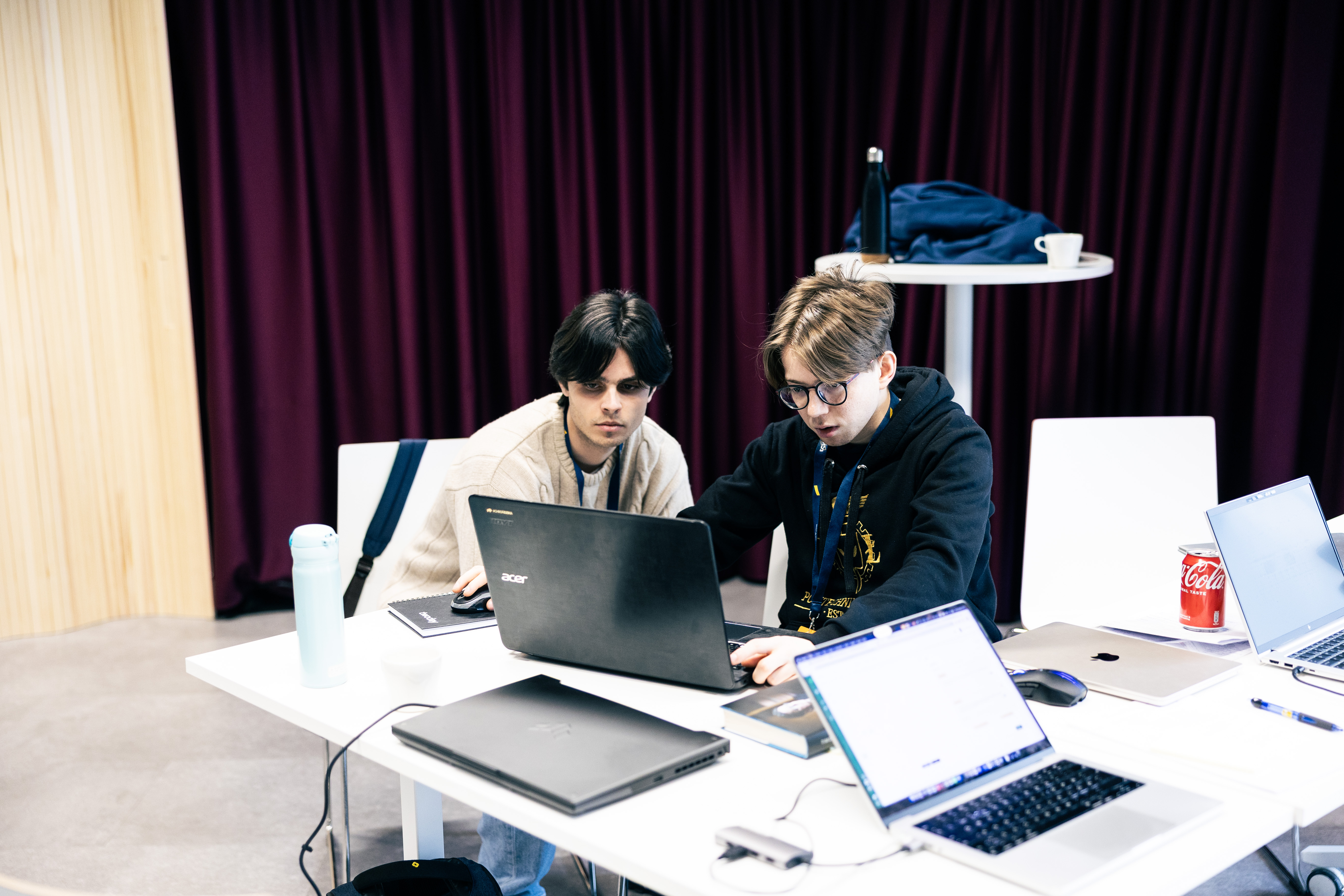ECIU calls for strong investments into cross-boarder education, building an entrepreneurship culture, innovation and research at the European level

Reinforcing an entrepreneurial culture and facilitating the connection between universities and business are essential steps to support European competitiveness. Researchers and students must be assessed, recognised and rewarded also for their entrepreneurship achievements. Entrepreneurship training and incentives can be more deeply integrated into university curricula and academia promotion pathways.
This is one of the key messages in the ECIU contribution to the European Commission consultation about the next EU budget running from 2028 to 2034 (the next EU ‘multiannual financial framework’). The budget proposal is expected this summer, and it is the framework for the future funding of education, research, innovation and academic collaboration in Europe.
ECIU messages on competitiveness
The EU budget contributes to the linking of universities with the local ecosystem and connecting this across Europe. The EIC pathfinder and transition schemes are hugely important enabling academic research to contribute to innovation in emerging fields and the MSCA staff exchange and doctoral networks programmes provide a pathway for young researchers to transition into industry. However, there is greater potential to extract more from linking academic research to innovation links could be established to other funding sources such as the regional funds.
Industry-Academia Sabbaticals, dual appointments between academia and industry, mentoring programmes between academia and entrepreneurs, and allowing researchers to apply for innovation residencies, are excellent ways to bridge knowledge and innovation opportunities. Strong support, more promotion and more empowerment of researchers and entrepreneurs to use such schemes has potential to accelerate the application of knowledge.
Competitiveness is also dependent on the capacity of society to apply new knowledge. Universities, through their role in being a trusted public interest organisation, in being able to engage with citizens, citizen science and other forms of open science, and in providing education for future professionals, have a crucial role to play.
To enable commercialisation, a critical mass of entrepreneurs, investors and industry is needed. Connecting ecosystems and jointly working towards a portfolio of startups, will enable startups to access new markets and customers. Putting promising projects and startups together is also more attractive for Venture Capitalist and private capital.
To support knowledge and technology transfer from university to society, ECIU sees a need for clarification on how State Aid rules are to be applied for any knowledge and technology emerging from university R&D. The current rules significantly influence industry-university collaborations, particularly concerning the management and transfer of IP by university TTOs, and access to infrastructure.
More information about the ECIU position on funding competitiveness can be found here.
ECIU messages on cross-border education
In the field of cross-boarder education, ECIU sees a big potential for the next EU budget to help deliver innovative education at a European level. To provide an engaging educational journey that reshapes learners' knowledge and skills and to attain a sustainable model of education.
Moreover, ECIU underlines that Europe needs a more holistic approach to funding, e.g. combining all universities missions in the field of education, research, innovation and service to society. It is particularly difficult for university alliances to manage the patchwork of funding coming from Erasmus+, Horizon Europe and other European and national sources, when building an innovative European University delivering a bold vision to strengthen European collaboration.
More information about the ECIU position on funding cross-border education can be found here.

ECIU is the leading international consortium of research intensive universities, with collective emphasis on innovation, creativity and societal impact, driving the development of a knowledge-based economy.



